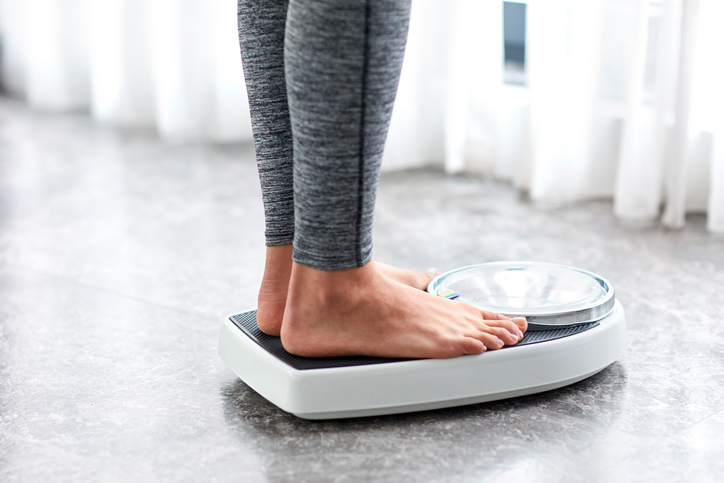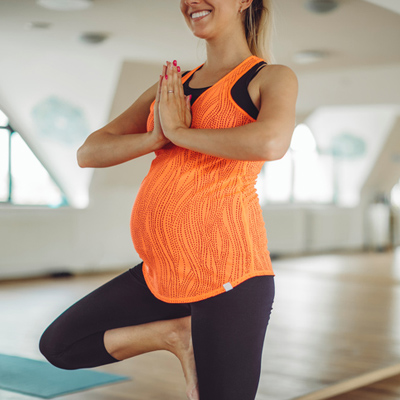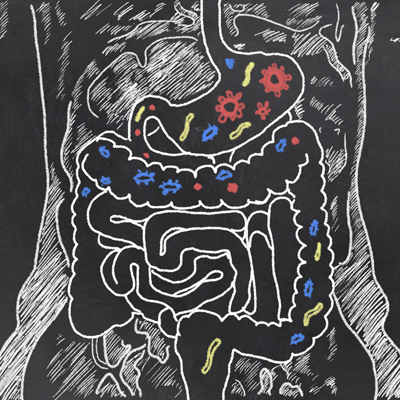TMR's picks from the leading medical journals
TMR’s picks from the leading medical journals:

She won’t be apples
Women whose waist measurements are larger than their hips could be at a greater risk of heart attack than men with a similar ratio, research from the George Institute for Global Health shows.
The study, using data provided from nearly 500,000 people to the UK Biobank, found the “apple shape” was a better predictor of heart attacks than general obesity, as measured using BMI, for both sexes.
Waist-to-hip ratio was a 18% stronger predictor of heart attack than BMI in women and a 6% stronger predictor for men.
“Our findings … suggest that differences in the way women and men store fat may affect their risk of heart disease,” the authors said.

Ups and downs of dieting
Does a yo-yo diet for a woman result in the dieter ending up heavier than when she started?
Yes, if the woman was a healthy weight before she started the diet cycling, but not if the dieter was obese to begin with, an Australian longitudinal study of more than 10,000 women, aged 47 to 52 years, has found.
Yo-yo dieting was defined as intentionally losing 5kg of weight then regaining that amount over one or more dieting cycles. Over the 12-year period of the study, the researchers found women who were classified as obese at the beginning of the study, and had lost and gained weight cyclically, did not put on more weight than those who had not dieted in this way, but women of a healthy weight who yo-yo dieted did end up being heavier overall.

Exercise and pregnancy
Public health advice that pregnant women should not exercise in warm weather, or take spas or use saunas, may be overcautious, according to research from the University of Sydney.
The advice is based on the risk of heat stress on an unborn child if a mother’s core temperature exceeds 39°C.
But an analysis of 12 studies recording the core temperatures of 357 women exposed to heat stress, either through exercise or passive heat, found core temperatures never exceeded 39°C, with the highest average core temperature reaching 38.3°C.
The researchers said the study found there were safe thresholds for exercise in hot environments, but pregnant women should still discuss their individual situations and requirements with their GP or obstetrician first.

IBD linked to heart risk
Inflammatory bowel disease raises the risk of heart attack, independent of the usual risk factors such as high blood pressure and smoking, an analysis of the medical records of more than 17.5 million has found.
Using anonymised data from electronic records of people aged between 18 and 65 years, across 26 US healthcare systems, the researchers found people with IBD were twice as likely to have a heart attack as those without the condition.
When adjusted to remove traditional risk factors, the independent risk was 26% higher for those with IBD than those without.


